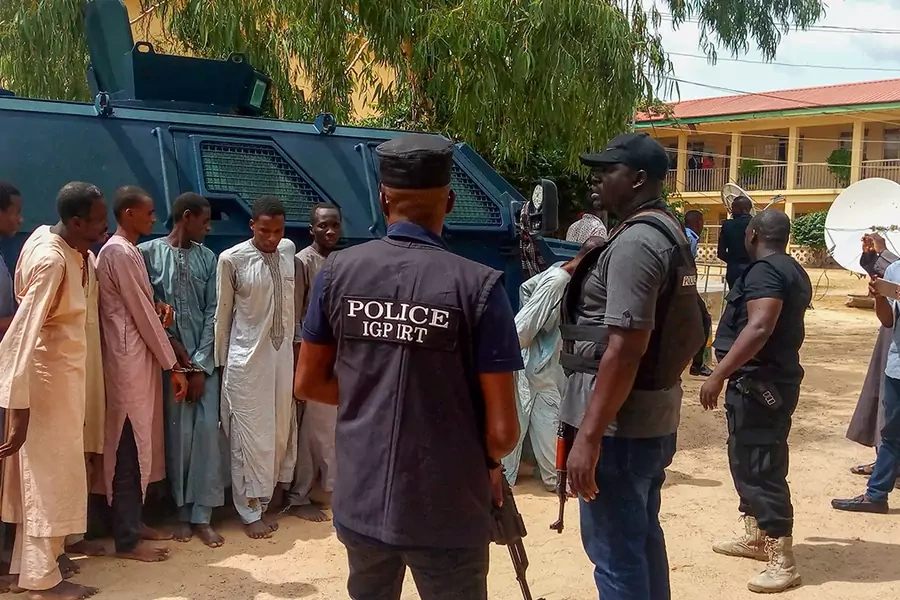The Intelligence Response Team: Nigeria’s Solution to the Expanding Wave of Kidnappings

Nigeria is experiencing a wave of kidnappings. In the past, kidnapping has often had a political dimension. In the oil patch, for example, militants have long kidnapped oil company employees to advance a political agenda. Boko Haram in the northeast is notorious for kidnapping young girls, the most famous episode being the 2014 kidnapping of the Chibok schoolgirls. The current wave is different. It is nation-wide, rather than confined to a specific region. It appears to be purely mercenary; the goal is to extract the maximum ransom possible rather than advancing a political agenda. Kidnapping victims now include the entire social spectrum, rather than being confined to those with some money or property. Nobody is exempt. An inlaw of President Muhammadu Buhari was kidnapped in the northern city of Kano in early May; the police rescued him in a shoot-out only this week.
In theory, but not in practice, the payment of ransom is illegal in Nigeria. However, the government itself pays ransoms in high-profile cases. So, too, do ordinary citizens. Because both kidnapping and ransom paying are illegal activities, there is little hard evidence about how many kidnappings are actually taking place. Indeed, the lack of transparency may lead to a popular exaggeration of the numbers. Nevertheless, Nigerians believe they are in the midst of a kidnapping wave and that the government is largely powerless to stop it. Fear of kidnapping appears to be a factor in middle-class emigration from Nigeria and the wealthy sending their families abroad.
More on:
The BBC released a video on kidnapping that contains little that is new, but it certainly provides a human face to the victims of kidnapping. Suitably, it emphasizes the violence that can accompany kidnapping, such as the murder of victims even though a ransom has been paid, or the torturing of victims as families listen over the telephone. The video also highlights the dilemma faced by the security service. The video has a focus on one of Nigeria’s most senior policemen, Deputy Police Commissioner Abba Kyari, and his elite unit, the Intelligence Response Team, that is devoted to kidnapping crimes. Kyari, known to many as “Nigeria’s supercop,” is the youngest high-ranking official in the Nigerian police force.
Policing in Nigeria is underfunded, and policemen by and large are undertrained. They are notorious for human rights abuses and have been widely accused of extra-judicial killing. The BBC interviewer raises these human rights considerations with The Network on Police Reform in Nigeria. Kyari, predictably, denies that they take place, or asserts that when there are credible accusations, they are thoroughly investigated. He also realistically talks about the difficulty of law enforcement in Nigeria—the lack of investigative capacity and the violence of criminals against policemen. He does not let the viewer forget the horror that accompanies kidnapping.
Kidnapping along with the Boko Haram insurrection in the northeast; Delta militant activity in the oil patch; and conflict over land use, ethnicity, and religion in the middle belt are immediate stressors of Nigerian society. They are related to deeper challenges, notably the huge increase in population, rapid urbanization, and degradation of the environment related to climate change. However, with specific reference to kidnapping, reform of the police and the security services appears to be a pressing need. And here the foreign friends of Nigeria could help, perhaps through forensics assistance, provision of training, and facilitating exchanges.
More on:
 Online Store
Online Store